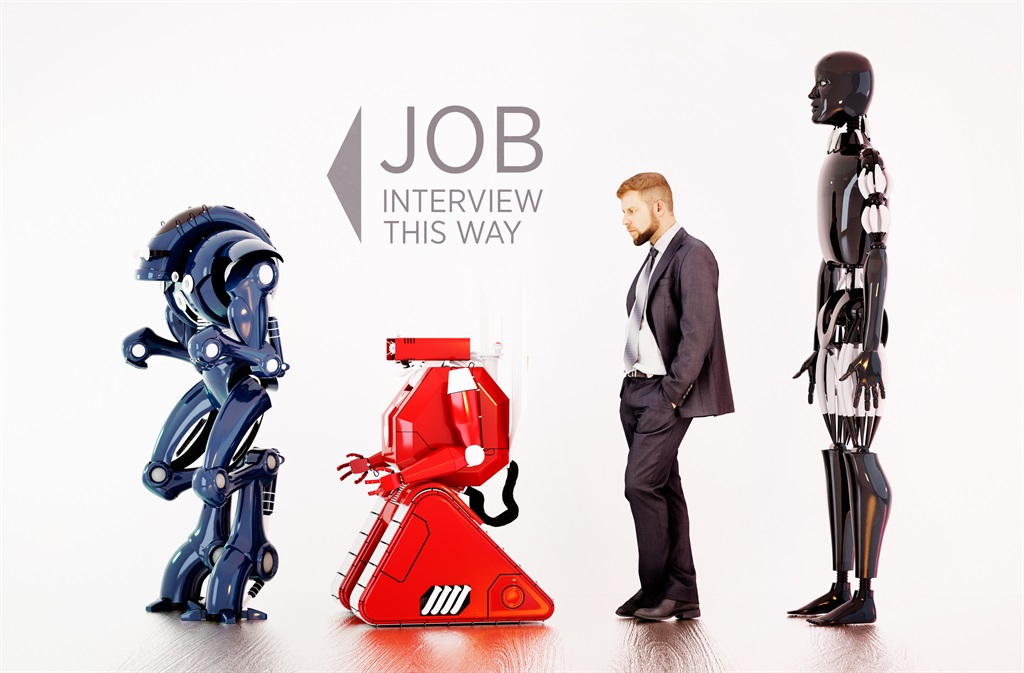
A series of profound changes is set to hit the global economy.
These changes are what UBS global chief economist Paul Donovan referred to, collectively, as the fourth industrial revolution at a recent client function hosted by Sasfin Wealth to showcase its relationship spanning more than 10 years with UBS bank.
According to Donovan, the fourth industrial revolution will be a period marked by extraordinary technological revolutions in robotics, artificial intelligence and digitisation.
In as much as economists, as a rule, are not interested in technology, these changes are set to dramatically alter investments, economics and society.
It is forecasted that 40% of jobs will be affected by the process of automation. However, this does not mean that 40% of jobs will disappear.
Over the next 20 years, 40% of people are going to have to adapt to new ways of doing things.
Donovan reflected back to changes in his own job over the past 20 years at UBS bank where 25% of what he used to do manually had now been replaced by technology.
The fourth industrial revolution is also set to create new jobs – in the recent US bureau of labour statistics’ occupational survey, one of the highest paid jobs in the US was that of a mobile phone app designer, a job that did not exist 10 years ago until the inception of the Apple iPhone.
Contrariwise, the rapid advancement of technology is distrusted by some who feel that because we can now compare prices very readily over the internet, prices will fall.
Donovan held that technology has zero impact on the average inflation rate and that it only changes relative prices.
Companies still have a degree of pricing power and some may find that their market control and pricing power will improve as a result of technological changes.
One such example is that of clothing company H&M’s decision to replace their Asia factories with production facilities in Europe using robotics. These factories are almost as cheap to operate as in Asia.
The move generated a critical cost advantage for producing in Europe rather than in Asia.
Although the robots are a bit more expensive, there is a cost advantage – it takes H&M 48 hours from design to store to produce clothing in Europe while in Asia it takes six weeks because of shipping.
The localisation of production is increasing the efficiency with which the economy operates, reduces waste and allows companies to react to their customers a lot quicker.
In as much as banks can make good investment recommendations for a variety of companies, the revolution supersedes technology; it is about looking for businesses that are going to succeed in a world where society is changing as a result of technology.
Such success is said to be found in the 900-year-old Oxford University model of not teaching students but of having them learn on their own.
If one obtains a university degree by memorising a textbook, one is dubbed a low-skilled worker in that they are only useful for as long as that textbook is in date.
If one is not able to adapt and change when that textbook goes out of date and be flexible and find new ways of doing things, one’s career is over.
This is a very important issue as there is a need for companies and countries with workforces that are flexible to adapt to changes brought about by the fourth industrial revolution.
Sasfin Securities’ deputy chairperson David Shapiro echoed similar sentiments as Donovan’s by highlighting Israel’s staggering annual GDP growth rate of 4% as a result of their skills-based economy, in comparison to South Africa’s paltry 0.3%.
A dry, arid and resource-less country the size of the Kruger National Park surpassed South Africa’s economy because it focused on learning and developing military, medical and communications technologies.
A direction in which South Africa ought to head into if it wants to pull itself out of the current low growth malaise.
Although a world of dramatic change is in many ways frightening for humans it also presents a world of significant economic opportunities.




 Publications
Publications
 Partners
Partners








